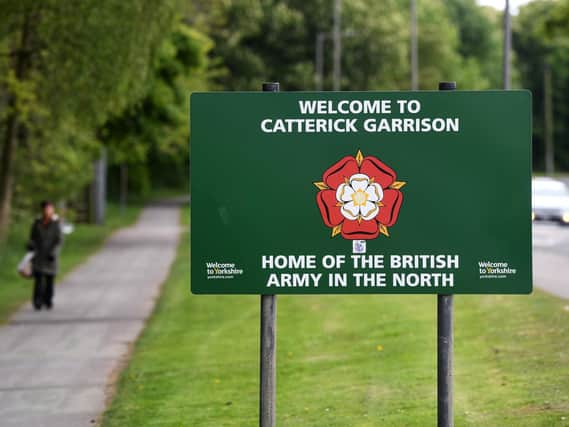Mental health of forces should be a top priority - The Yorkshire Post says


It is as essential as ensuring that the armed forces are equipped properly for either battle or peacekeeping duties.
Despite this, too little attention has been paid to the mental health of troops returning from traumatic deployments which have often, tragically, seen them witness the deaths of comrades.
Advertisement
Hide AdAdvertisement
Hide AdSo it is again. Whilst the announcement by Health Secretary Sajid Javid of £2.7m of funding for mental health support for the forces is welcome up to a point, it is simply not enough.
The experience of fighting in Afghanistan and Iraq over the past 20 years has demonstrated that much more needs to be done to support returning veterans, too many of whom have suffered long-term problems. These have resulted in them having to leave the forces because they are no longer able to cope with their duties. In many cases, mental health issues lead to family break-ups and difficulties holding down civilian jobs. For some, dependency on alcohol or drugs has been part of a downward spiral.
These brave men and women deserve much better, and that means comprehensive and properly-funded support.
This is of particular resonance for Yorkshire, home to Catterick Garrison, Britain’s biggest army base.
Advertisement
Hide AdAdvertisement
Hide AdIn addressing mental health problems, the Government should not be so arrogant as to believe it has all the answers.
It should seek advice from those who have direct experience of the trauma of combat. MPs including Barnsley’s Dan Jarvis or Tom Tugendhat, who fought in Afghanistan, would be able to give valuable input. Every help possible must go to personnel to whom we owe a huge debt of honour.